Plant-Based Diets 101: A Beginner's Guide to Starting a Plant-Based Lifestyle
Thinking of Switching to a Plant-Based Diet?
Vegetarian and vegan diets have been growing in popularity in recent years. Whether it be for health or environmental reasons, many are making the switch and finding that it comes with a ton of benefits. What’s more, there are plenty of delicious options and recipes for vegetarians and vegans beyond just carrot sticks and tofu! If you’re thinking of making the switch but aren’t quite sure where to start, read on to find out more about plant-based diets. Discover the similarities and differences between them and choose the right plan to fit your lifestyle.
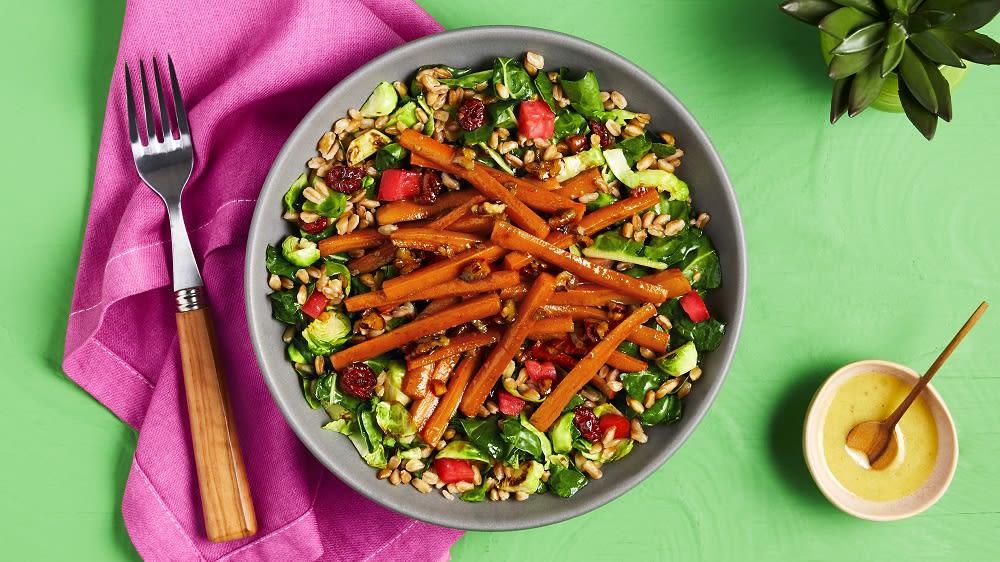
What Is a Plant-Based Diet?
A plant-based diet is one that draws the majority of its nutrition and ingredients from plant-based sources. It is a way of eating that is focused primarily on plant-based foods like vegetables, fruits, nuts, whole grains, and legumes. That being said, the term “plant-based diet” is quite broad. From pescatarians, flexitarians and traditional vegetarians, to more strict vegans, the options are numerous. Before we take a look at some of the most common plant-based diets, let’s outline a few of the health and environmental benefits of switching to a plant-based diet.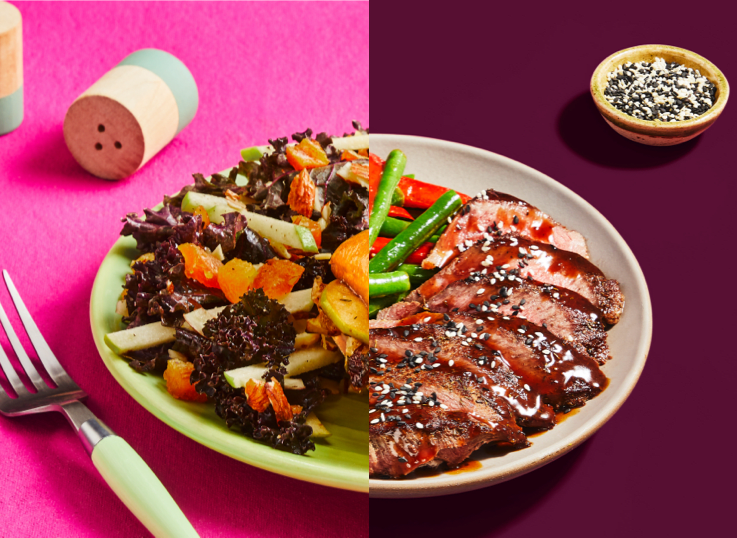
Following a Plant-Based Diet vs. Meat: Just a Few of the Health Benefits
According to several studies, plant-based diets often provide more fiber and antioxidants than a diet that relies heavily on animal products. Plant-based diets also tend to be richer in vitamins A, C, and E, magnesium, potassium, and folate. This is due to the fact that switching to any plant-forward diet instantly ups your intake of fresh fruits and vegetables, which are loaded with nutritional value, including fiber. Following a plant-based diet has been linked to a lower risk of heart disease. What’s more, studies have indicated that vegans with vegetarians have a significantly lower chance of having high blood pressure compared to habitual meat eaters.Plant-based diets have also been shown to lower blood sugar levels and may help lower the risk of developing type 2 diabetes. Those who switch to a plant-based way of life tend to lose weight thanks to an overall, natural caloric reduction. The list of benefits goes on and on! It is, though, extremely important to talk with your physician and get regular check-ups to make sure you’re getting the nutrition your body needs.
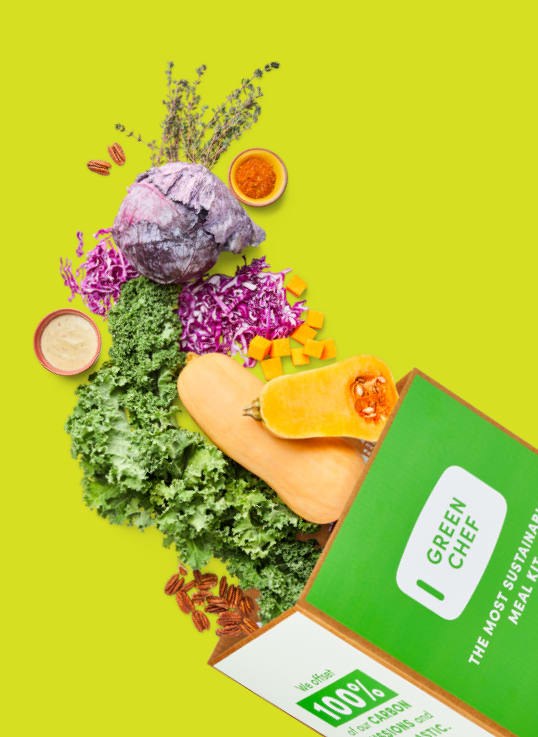
Good for the Environment: A Plant-Based Diet’s Environmental Impact
On top of doing something great for your body, eating a plant-based vs. meat-based diet comes with good benefits for the planet. By shifting focus from animal products to fruits, vegetables, legumes, and whole grains, you could help fight climate change as well as keep people healthy. Why? It is simply more sustainable! Using farmland to grow plants that produce year after year provides more product on less space than using it for meat and dairy. According to a groundbreaking study in 2018, without meat and dairy consumption, global farmland use could be reduced by upwards of 75% and still feed the world. That study also reported that even the lowest impact meat and dairy products – the organic and grass fed kind – still cause more environmental harm than the least sustainable vegetable and grain products.The fact is, choosing a plant-forward or plant-based diet is good for you and others. Knowing that, let’s now look at the different options you have when you make the decision to start a plant-based diet.
Vegetarian, Vegan, and More: Plant-Based Diets Explained
Now, from there, there are several offshoots of the original idea:
Vegetarian, Vegan, and More: Plant-Based Diets Explained
Vegetarianism is nothing new. For centuries, countless people across the globe have adhered to a diet that focuses on fruits, veggies, grains, and legumes. The vegetarian diet definition is one that does not include (or strictly limits) the consumption of meat and poultry. To put it another way, any plant-based diet is, technically, a vegetarian diet.
Now, from there, there are several offshoots of the original idea:
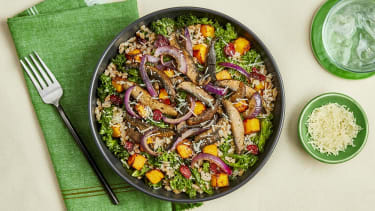
Lacto-ovo Vegetarian
Plenty of vegetarians consume dairy products and eggs, a term that is called a “lacto-ovo” vegetarian. This is a great option because eggs and dairy deliver a host of nutrients – including protein – that can be hard to come by in other sources.
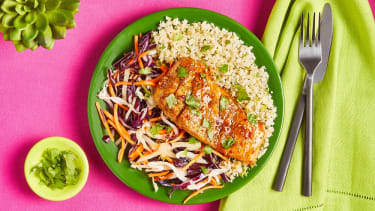
Pescatarian
Pescatarians are vegetarians that sometimes eat fish but no other animal flesh. That means a pescatarian diet looks like a traditional vegetarian one but with the addition of fish a couple of times a week. Whether or not a pescatarian eats dairy or eggs is an individual decision.

Lacto-ovo Vegetarian
Plenty of vegetarians consume dairy products and eggs, a term that is called a “lacto-ovo” vegetarian. This is a great option because eggs and dairy deliver a host of nutrients – including protein – that can be hard to come by in other sources.

Pescatarian
Pescatarians are vegetarians that sometimes eat fish but no other animal flesh. That means a pescatarian diet looks like a traditional vegetarian one but with the addition of fish a couple of times a week. Whether or not a pescatarian eats dairy or eggs is an individual decision.
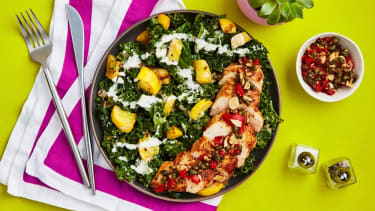
Flexitarian
Semi-vegetarians, or flexitarians, are those who adopt an 80/20 plant-based diet. This means a flexitarian normally sticks to a traditional vegetarian diet but occasionally eats meat, poultry, and fish. This is a great solution for those who need extra protein in their diet, as a vegetarian and especially vegan diet can make it tough to get enough.

Vegan
And then there is, of course, veganism. This offshoot of vegetarianism has gained extreme popularity over the recent years. So, what is a vegan diet? A vegan diet is 100% plant-based. That means a vegan consumes absolutely no animal products or byproducts. Meat, poultry, fish, dairy, and eggs are not allowed, nor are byproducts like honey, gelatin, and even sometimes yeast or whey. A vegan diet relies heavily on whole grains, fiber rich veggies and fruits, as well as heart-healthy nuts and oils. It can be difficult for vegans to get enough protein and calcium, so the vegan diet tends to include a lot of lentils, chickpeas, beans, and tofu.

Flexitarian
Semi-vegetarians, or flexitarians, are those who adopt an 80/20 plant-based diet. This means a flexitarian normally sticks to a traditional vegetarian diet but occasionally eats meat, poultry, and fish. This is a great solution for those who need extra protein in their diet, as a vegetarian and especially vegan diet can make it tough to get enough.

Vegan
And then there is, of course, veganism. This offshoot of vegetarianism has gained extreme popularity over the recent years. So, what is a vegan diet? A vegan diet is 100% plant-based. That means a vegan consumes absolutely no animal products or byproducts. Meat, poultry, fish, dairy, and eggs are not allowed, nor are byproducts like honey, gelatin, and even sometimes yeast or whey. A vegan diet relies heavily on whole grains, fiber rich veggies and fruits, as well as heart-healthy nuts and oils. It can be difficult for vegans to get enough protein and calcium, so the vegan diet tends to include a lot of lentils, chickpeas, beans, and tofu.
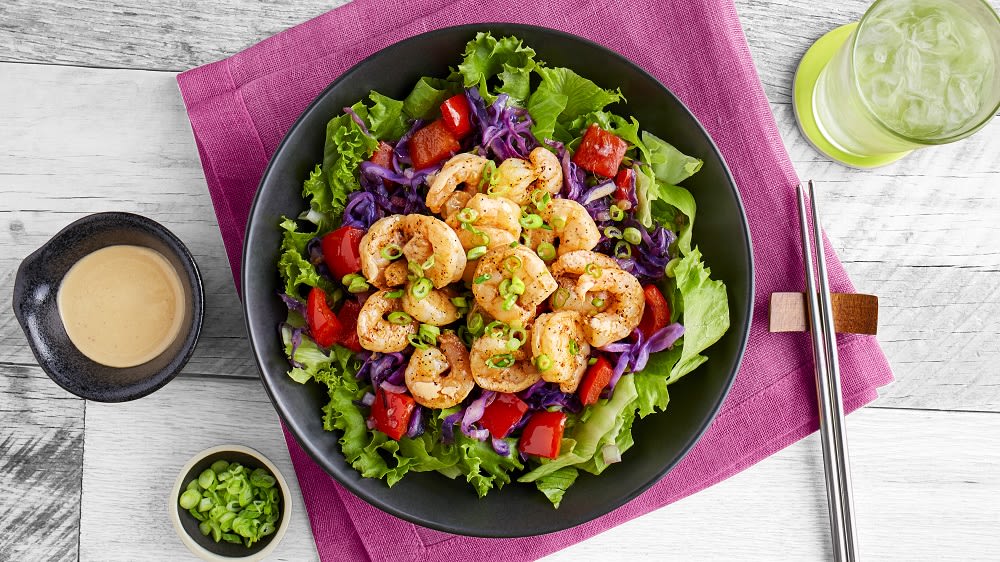
Can I Be a Vegetarian or Vegan and Do Keto or Paleo?
One of the most popular questions surrounding plant-based diets is whether they can be followed along with other diets like keto or paleo. The answer is yes, though it may be a little tough for strict vegetarians and vegans. The extremely popular keto diet requires followers to drastically reduce their intake of carbohydrates while increasing protein and healthy fats. Typically, a keto diet includes a lot of meat, dairy, and eggs and little to no grains. This means the keto diet works great for lacto-ovo vegetarians, pescatarians, and semi-vegetarians. However, it will be extremely difficult for vegans, but not impossible. Think lots of tofu and nut-based vegan alternatives like vegan cheese or vegan butter.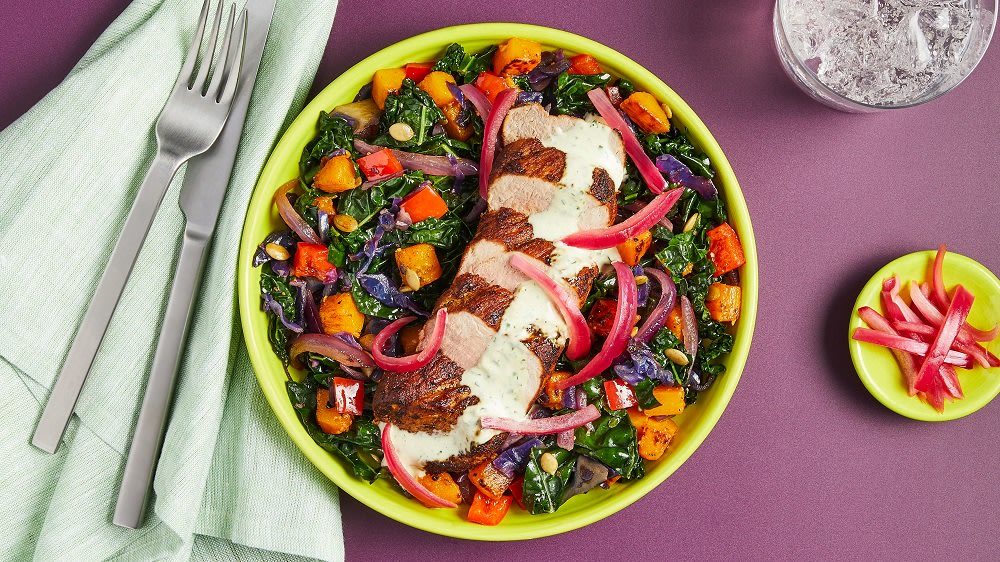
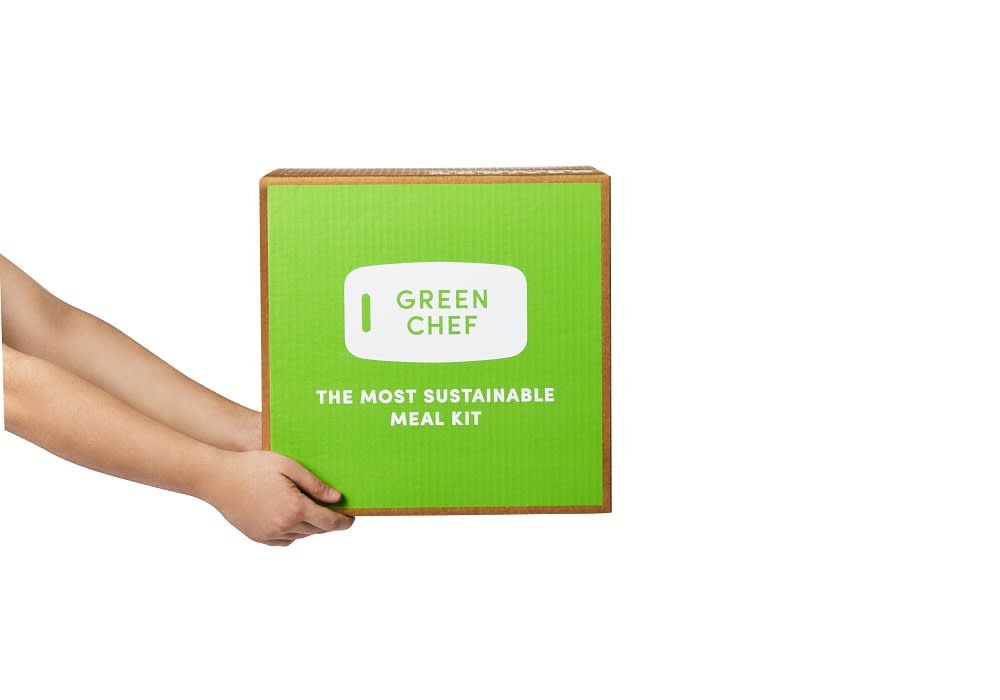
Ready to Start Your Plant-Based Diet? Green Chef Can Help
Starting out on a new nutritional journey can be tough. Are you getting the proper nutrition? Is that product really vegetarian or 100% vegan? Let Green Chef help! Our plant-based meals are thoughtfully created with the needs of plant-based diets in mind. We take the guesswork out of starting a plant-based diet with healthy meals delivered straight to your door. Be it vegan, vegetarian, paleo, or any other plant-based diet, we’ve got you covered. Browse our options today.Table of Contents